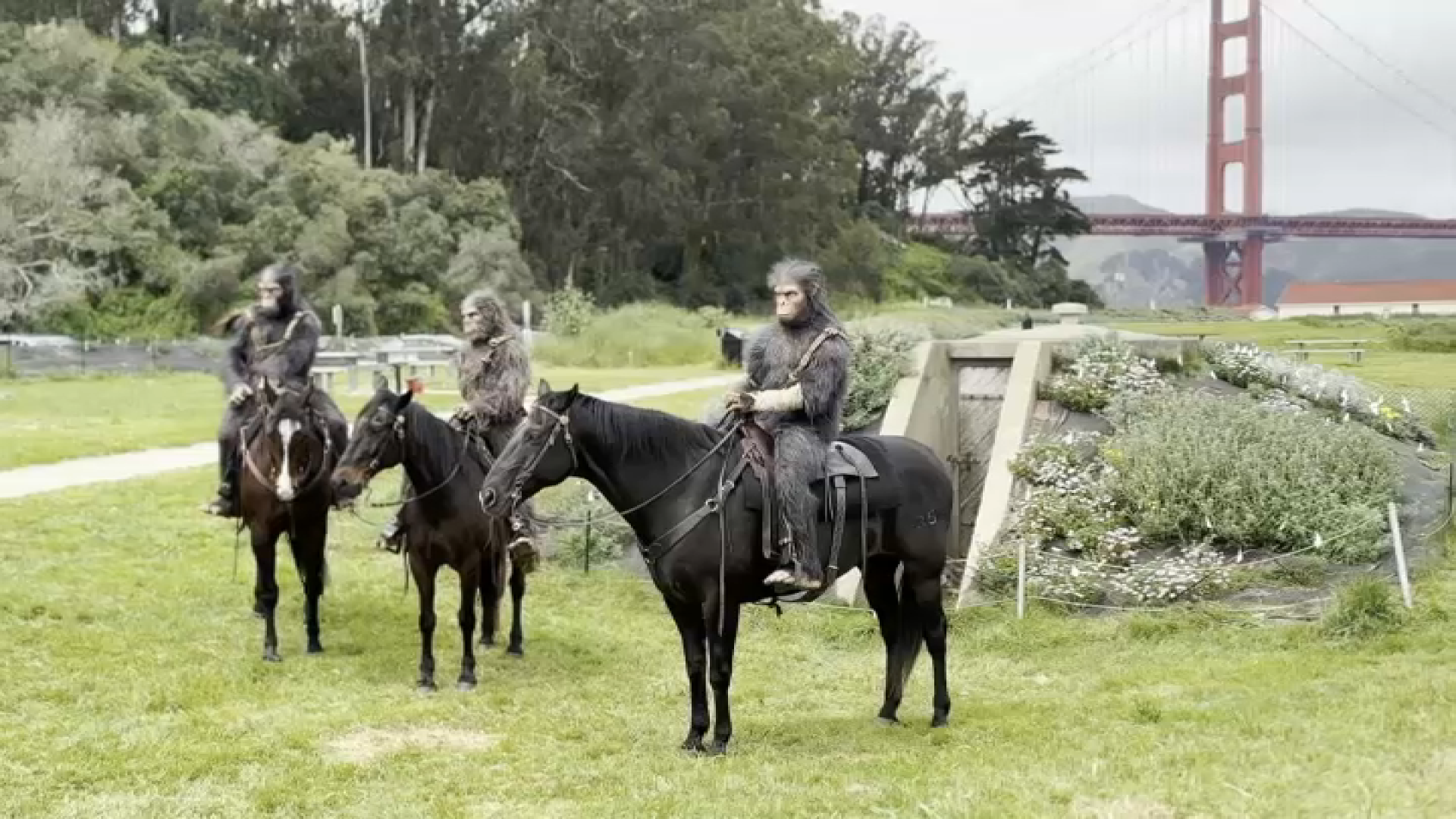It's happening in an area that's at the center of the San Andreas Fault; a massive research grant will pay for earthquake-related research at UC Riverside in Southern California.
The San Andreas basically spans the entire state and is among the most fears faults in the world.
Special Section: Earthquake Info, Maps, Resources
Geophysicists received a $4.6 million grant from the National Science Foundation. The purpose is to learn more about the regions where tectonic plates meet, and perform quake simulations that could reveal areas that are more prone to quake damage.
Modern earthquake research spans 100 years. Using computer models researchers hope to understand Southern California quake activity dating back as far as 10,000 years. James Dieterich says the history book would be unprecedented.
"10,000 years of plate motion consists of up to a million discrete earthquake events, giving us abundant data to analyze,” said Dieterich.
While scientists aren't ready to predict earthquakes just yet, the research could help better define earthquake insurance policies, and potentially play a role in forecasting the possibility of future earthquakes.
Worldwide so-called "great" earthquakes happen every 300 to 500 years. An example is the Japanese earthquake, which occurred earlier this year.
Local
The grant expands UC Riverside's scope of influence within the UC system. UCR was originally known as a citrus research school. The university has evolved to become a home for biology and computer students. In 2013 UCR plans to open its School of Medicine.



